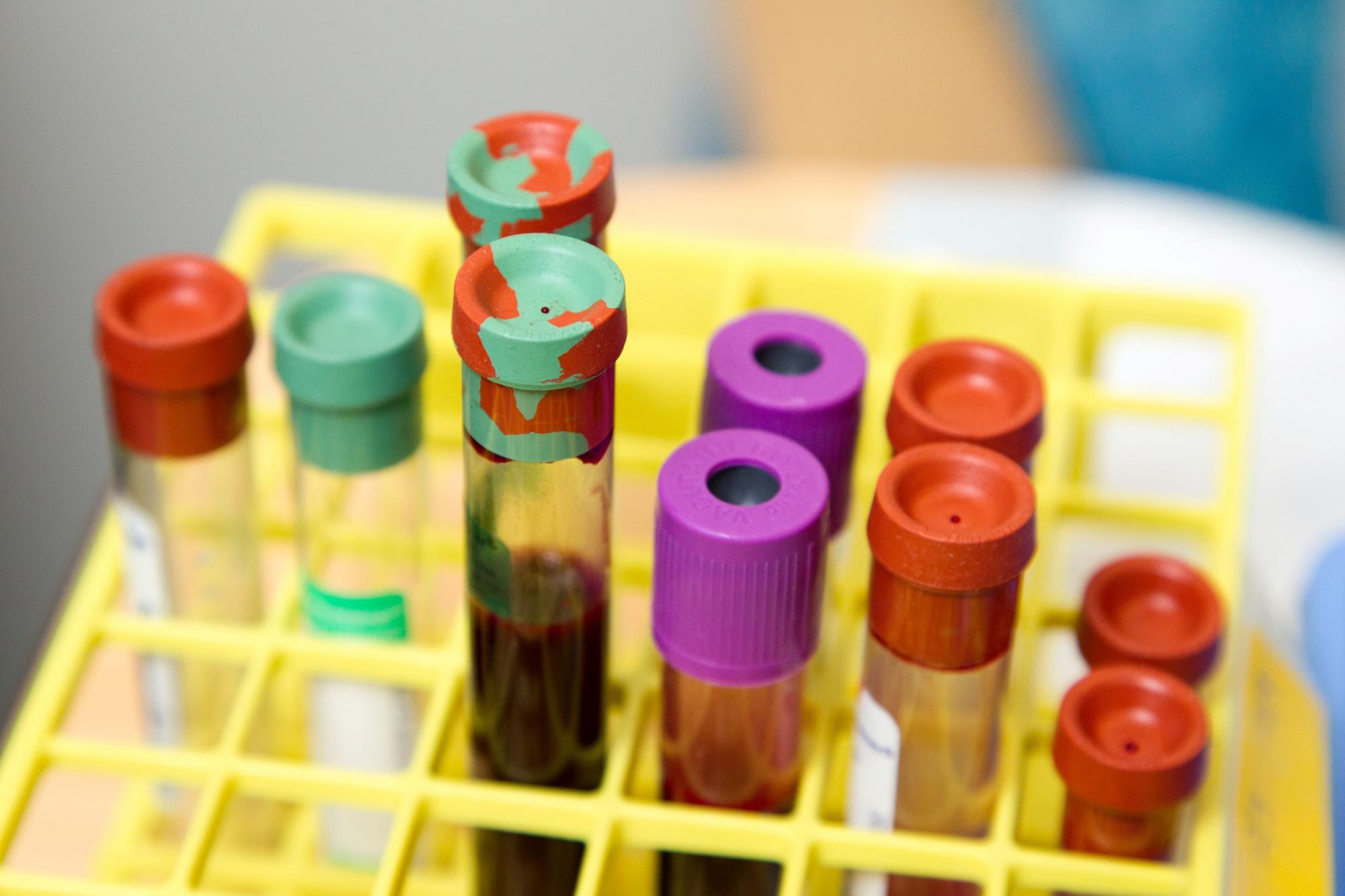Safely store compressed gases and cryogens
Compressed gases and cryogenic liquids are stored in gas cylinders under high pressure, which can have several safety considerations to prevent injury and property damage. University units and departments with compressed gases and cryogens, including liquid nitrogen, are required to follow regulations for safe storage of gas cylinders and Dewars.
